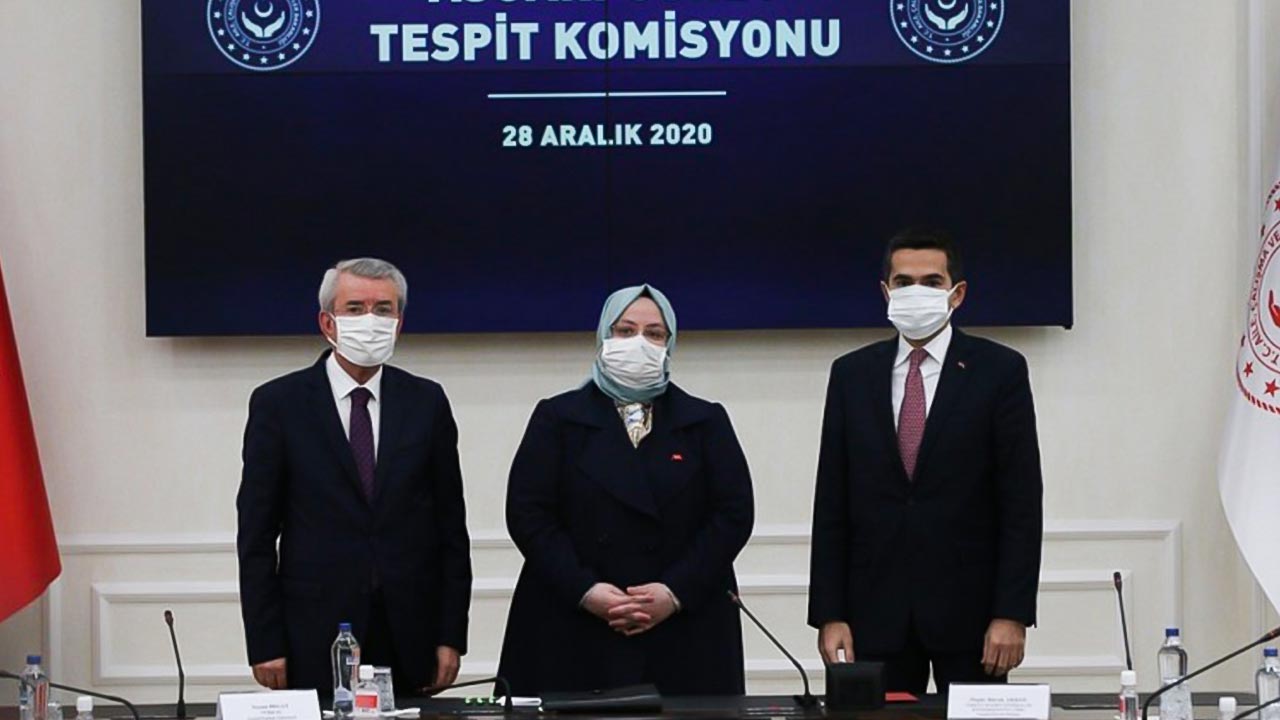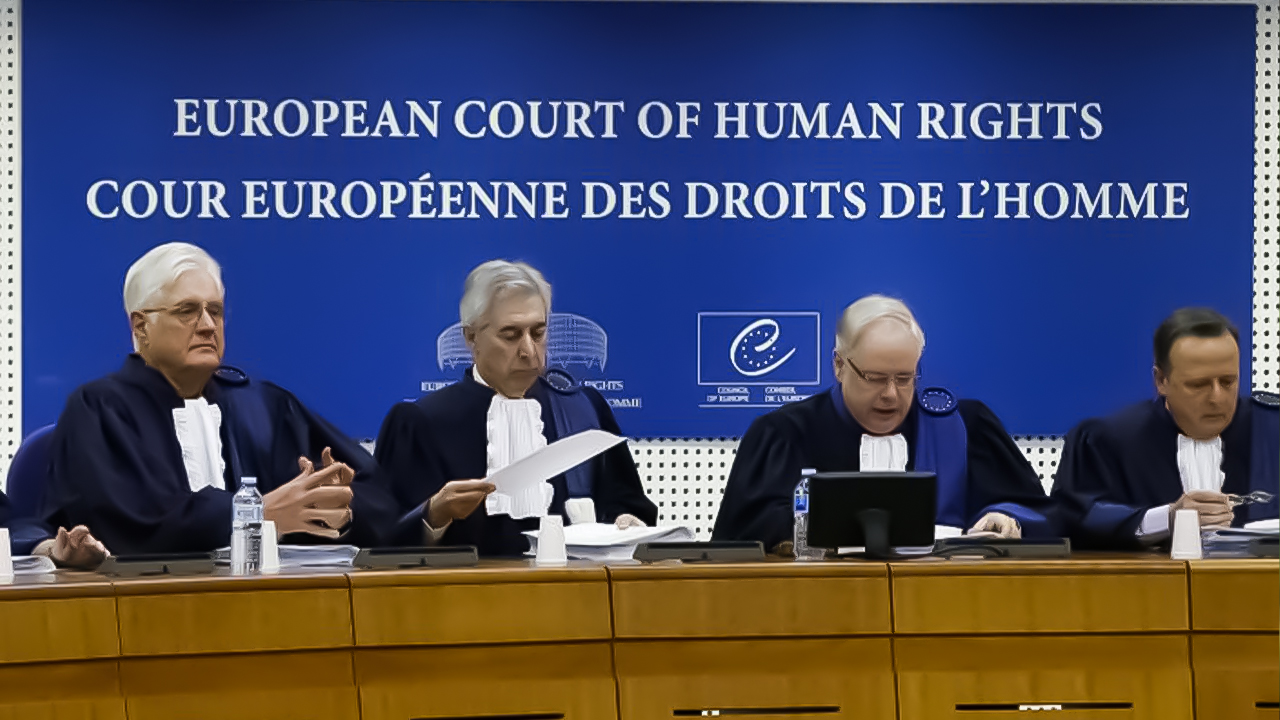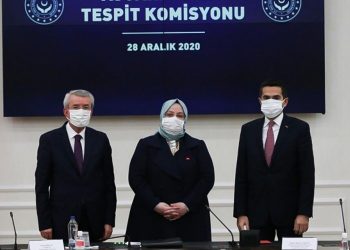Serda Demir
As in various parts of northern Kurdistan in Turkey, a great resistance for self-government took place in the district of Sur in Diyarbakir (Amed) in Turkey in 2015. ‘Ji Bo Azadiyê -The End Will Be Spectacular’, directed by Ersin Çelik and made by the Rojava Film Commune, is a film about this historical resistance. We interviewed director Ersin Çelik about the film and the nature of Kurdish cinema.
The true story – which your film focuses on – took place in the city of Diyarbakir (Amed), but you were not able to shoot there. It has also not been released there. How does this make you feel as an artist?
When we were writing the script, we knew that we couldn’t shoot the film in Amed. We did research seeing if we could shoot at least some of the scenes with the main character there, but there were no opportunities at all. Those who live in Amed and in northern Kurdistan should be the first to watch the film, but on the other hand, they were the people who have witnessed this story of resistance. It isn’t ‘them’ who are unaware of this resistance story, it is largely the rest of the world. The world has focused much of its attention to the war against the Islamic State of Iraq and Syria (ISIS), but when it has come to the resistance being waged in northern Kurdistan, there has always been hypocrisy.
The resistance in 2015 was a historic resistance. There was a genocide, but the world was deaf to this. This is a huge problem for us. We want to confront the world with this reality. We could share the film on the internet, but we didn’t want to do that directly. The speed of consumption on internet is terrible. When you make a film directly accessible for the audience, it will bring a film to an end before it even starts to thrive. The revolutionary cinema and the Kurdish cinema have always had limited possibilities to practically spread their films worldwide.
The film has attracted attention internationally. You even won an award in Catalonia recently. Did you expect that? What does this success mean to you?
The film had already been watched by more than 2,000 people before the official film premiere: we had already promised the real owners of the film – the actors, workers and friends – that we would first screen the film for them. We didn’t make the film for the festivals, but those festivals provide a means to convey it to other communities.
Imagine that there are thousands of films which we haven’t seen, because they didn’t get the same opportunities for us to view them. Our film has been screened in festivals, such as in Kolkata in India, Valencia in Spain and Rotterdam in the Netherlands. It has been a great experience. But besides the film, we had other concerns that we wanted to share with the peoples of the world. That is why we have attended the festivals as a commune. We wanted to tell people that we are not only the filmmakers, but that we are also the ones who lived that story: that we are a part of that story. As the Rojava Film Commune, we form part of the public opposition to what happened. We are active film producers. We wanted to spread this story widely and to create attention, of course. The fiction was prepared interactively. We tried to create the best narrative with the tools in our possession.
It was important for us that the film would be clear for not just the Kurds, but for people who don’t know anything about the topic. In Catalonia, we did the post-production and our friends there worked as if it was their own task. The resistance had an influence worldwide and the ones who have seen the fight were willing to contribute. So this is not just our success, but also theirs. We have seen that we have managed to tell our story. The spirit of the film has reached its audience. There is a struggle for freedom and this story does not belong only to the Kurds. Our film is not frightened of the term ‘revolution’. It communicates with other communities in the world. There are even people who expressed the view that they should have resisted like that.
Can you tell us about the labour process with the Rojava Film Commune during the production? And how did the local people approach you and were they involved in that process?
We, as Kurds, are one of the communities who haven’t really experienced how a film is produced and what happens behind the camera. In our country, they don’t shoot as many films as in other countries. So, this process was also new for a lot of people. We went through a long preparation process in Kobanê in Syria, because we had to construct our set there. We managed to stick to the architectural character of Sur in Rojava, Syria. Our film set became a touristic place. People who had never been to Amed wanted to see the constructions and people who had been to Amed came to fulfil their longing.

This work is a work of Kobanê, which was 90% destroyed in the conflict with ISIS. We were able to find every need for the film production in every corner of the city. That also applies to the local people, the army and the associations. We turned into a neighbourhood during its making. It is important to believe in what you do. And people did work like that. They joined the preparation as if they were constructing their own houses. Maybe they haven’t even worked this much for their own roofs or walls! There were also people who were volunteering to protect the set’s decorations. The local security forces provided the security against ISIS and other threats. One of the main reasons that this film is a success is due to the fact that everybody embraced the film. Otherwise, it wouldn’t be possible. We believed in the collective mind.
Kurdish artists feel the urge to cover history and resistance in screenplays. Do you think that they forget to concentrate on the technical and cinematographic aspects when making films?
We cannot generalise like that, because there are not enough productions to make such an assessment. We create a new world with cinema and form a universe in two hours. There are some rules to create this universe. Cinema without cinematography is definitely weak. And, of course, we should not use the excuse that we have no opportunities at all. We make films in war conditions with a low budget, but we can’t say that we cannot develop our work. Our films have to reach an acceptable standard.
The essential part of the films that we watch are produced by the central cinema industry and almost 90% of it is produced using specific patterns. This creates a certain measure of perception. We start to compare films and to take the mainstream as a reference point. Our film is based on the aesthetics of a documentary, which is why we didn’t have the aim of generating ‘nice’ pictures. We tried to create a professional work using amateurs and an amateur spirit. Some of the scenes we had to repeat 30 times. We don’t have all the tools, but Rojava opened a new field for us and helped us to shoot a lot of films.
Not only the lack of tools, but also censorship is a big issue for Kurdish artists. What is the effect of this on Kurdish movies? Does it shape the components of the artwork?
This is an important issue. When we talk about Kurdish cinema, we are not just talking about films produced by Kurds. To call it Kurdish cinema, the films should be made in the region with all its colours, political lines and languages. The state is applying censorship, but particularly film makers are censoring their films to become acceptable.
They self-censor their own films automatically. Censorship effects the texture and the language of Kurdish films. Filmmakers begin to make films with fear or they write screenplays timidly. When they film a guerrilla, they only shoot ‘the shadow of the shadow of the guerrilla’. Censorship transformed into self-censorship in our minds. This applies not only to Kurds but all opponents of regimes. Creating new ways to project and see things in a political and class-oriented sense comes with a price and cost. It’s a question that needs to be asked: Has Kurdish art and cinema done this sufficiently? It’s not correct to say that censorship was restraining us to create our own spaces. Cinema production is tough and expensive, but we can’t say that we have had serious practices to overcome censorship and obstructions. We can resolve these difficulties by creating teams that work in units. We have to give each other strength and act together.
















